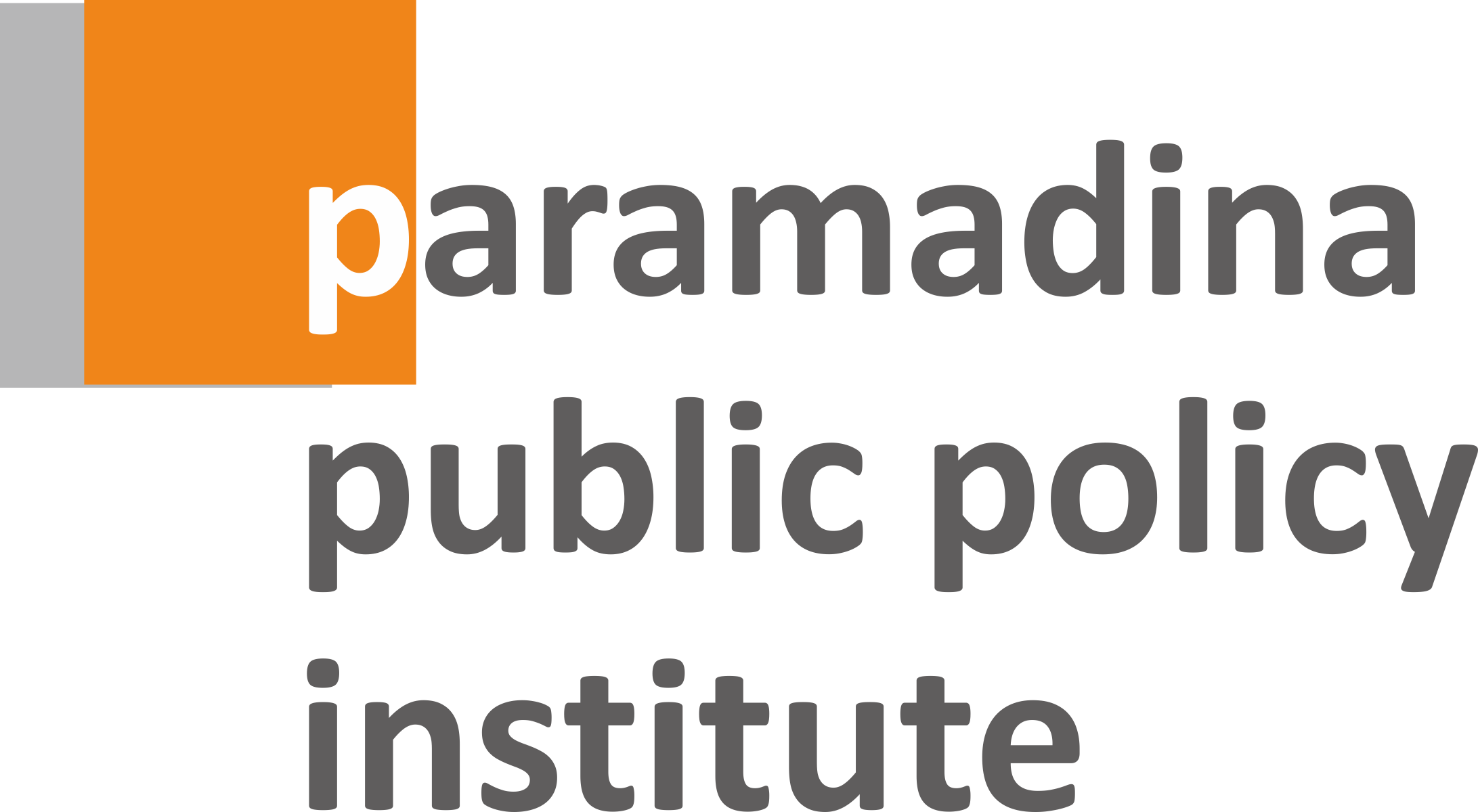
PPPI News, Detikcom – 24 August 2020
The Omnibus Law on Job Creation Bill at the Legislative Body (Baleg) of the DPR RI or Indonesia’s Parliament is targeted for completion in early October. Coordinating Minister for Economic Affairs Airlangga Hartarto also said the Job Creation Bill would be completed soon.
However, there are still around 1,800 issues in the Problem Inventory Lists (DIM) out of a total of 8,000 that have not been discussed regarding the employment cluster in the bill because they are still being discussed in a tripartite manner, including the investment and government administration clusters.
Meanwhile, Expert Staff of the Coordinating Ministry for Economic Affairs for Regulation, Law Enforcement, and Economic Resilience Elen Setiadi said that the government had finished discussing the labor cluster in a tripartite manner, together with trade unions or laborers and also business actors. According to him, currently, the Ministry of Manpower is preparing the finalization or refinement of the cluster formulation based on the results of the tripartite meeting.
“Currently, the Ministry of Manpower is finalizing the refinement of the formulation according to the results of the [tripartite] discussion,” said Elen to Detikcom.
Seeing its development, Managing Director of Paramadina Public Policy Institute (PPPI) Ahmad Khoirul Umam said that the bill’s formulation discussion, which is targeted to be completed this year seems rushed or like ‘quick and dirty’.
“The ‘quick and dirty’ model practiced by the government and the DPR clearly indicates the magnitude of political and business interests behind the discussion of the Omnibus Law Bill. For this reason, this bill represents the existence of an oligarchy, which brings together political powers and business interests to form a coalition capable of hijacking and abusing state authority,” said Umam in Detikcom (16/8/2020).
He assessed that the discussion of this bill is not transparent, and there are still many chapters whose objectives have not been explained.
“It seems that the government and the DPR intend to hijack the people’s authority through political legislation that is not transparent and accountable. The discussion of this bill has the potential to have major implications for regulations on investment, forestry, large-scale business licensing regimes in the mining and plantation sectors, the fate of workers, and central-regional government relationships. [The discussion of the bill] seems to be deliberately guarded in the ‘darkroom’ of power,” said Umam.
Contacted separately by Detikcom, Public Policy Observer Agus Pambagio also asked which unions the government claimed had spoken to.
“If you say that you have done a tripartite with workers, which workers? There are many labor organizations. There are also many agendas. Some want to become members of the DPR, all kinds of things. So, which one? So, don’t rush. Because there are so many labor organizations. So which one is being talked to? Do they really represent workers for the benefit of workers, or for the interests of entering the legislative, entering the executive branch? We don’t know,” Agus explained to Detikcom (16/8/2020).
He also asked the government and the DPR not to rush through this bill. Moreover, seeing the pressure of the Corona pandemic on the global economy, he was not sure that when this bill is passed, the investment could immediately enter.
“That’s an idea from the President seeing that our investment climate is difficult, wordy and corrupt, so investors are reluctant to come to Indonesia, so this Omnibus Law emerged,” Agus added.
“Is it true that if it is completed this year, then next year the investment will come in? Right, all the recession in the world. What does that mean? Calm down first. If it [the finalization of the bill] comes to next year, it’s okay. What’s important is not that the Omnibus Law becomes another problem,” continued Agus.
Meanwhile, the Chief Executive of the Committee for Handling COVID-19 and National Economic Recovery (PEN) as well as Minister of BUMN Erick Thohir said that this bill must be implemented immediately.
He said, with automation technology in the future that will enter the industrial sector, it is estimated that 23 million people will lose their jobs. However, with the changes listed in the Job Creation Bill, there are actually new job opportunities for 46 million people.
“The data looks surprising, that with automation there will be 23 million who will lose their jobs. But if it can be changed [passing the bill into law] there is a chance of [opening] 46 million [new job opportunities]. We cannot be successful if we don’t change,” Erick explained at the 2020 Millennial Fest, Saturday (15/8/2020).
The trick, said the state enterprise minister, is to develop human resources (HR) in Indonesia to adapt to industrial development and be able to enter industry 4.0 through a transformation that can be done with the Job Creation Bill.
“This is where the Job Creation [potential] Law can serve. If [able to be passed into law] earlier, there is a big strategy for shifting. We have human resources for industry 4.0. And today, digital acceleration is something that cannot be avoided. These are what we need to change, namely, our work patterns, and the transformation of our workforce. With data that had been presented previously, this [passitng the Job Creation bill into law] is correct,” the minister concluded.
This news piece is mostly translated and edited from the news published by Detikcom, 16 August 2020.
